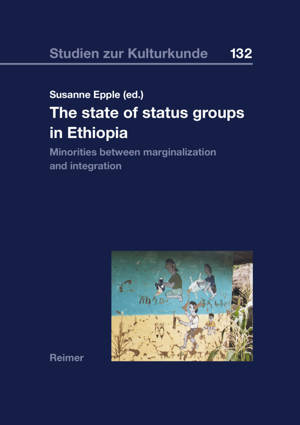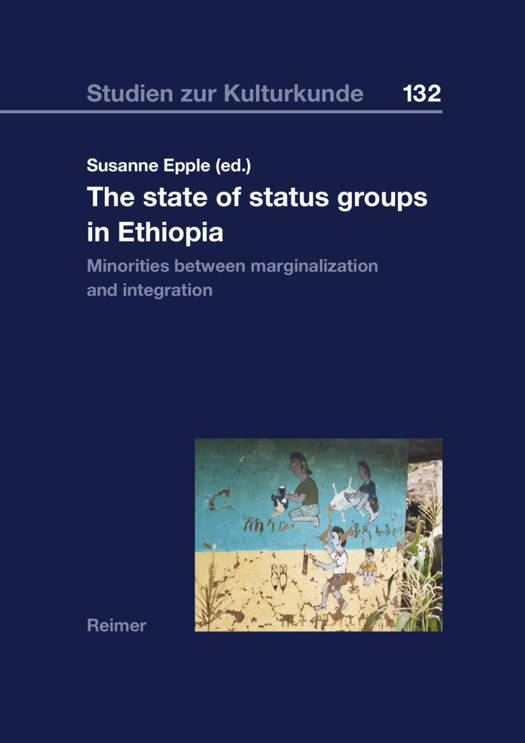
- Afhalen na 1 uur in een winkel met voorraad
- Gratis thuislevering in België vanaf € 30
- Ruim aanbod met 7 miljoen producten
- Afhalen na 1 uur in een winkel met voorraad
- Gratis thuislevering in België vanaf € 30
- Ruim aanbod met 7 miljoen producten
Zoeken
The State of Status Groups in Ethiopia
Minorities Between Marginalization and Integration
Hermann Amborn, Desalegn Amsalu, Bosha Bombe, Fabienne Braukmann, Kiya Gezahegne, Kirsi Leikola, Alexander Meckelburg, Graziano Sava, Samuel Tibebe, Sayuri Yoshida, Dena Freeman, Eike Haberland
€ 96,95
+ 193 punten
Omschrijving
In many Ethiopian societies, occupational groups, descendants of hunters or slaves are differentiated from the societies they are part of or live next to. Until today, their ambiguous and often marginalized position is culturally justified and deeply entrenched in local belief or value systems. Recent research has shown how these social categories have been reshaped and renegotiated under the influence of various factors. In which contexts and to what extent integration has taken place, whether it is sustainable or whether social differentiation has persisted or even increased is the main focus of the nine case-studies in this book all of which emphasize the perspective of the status groups themselves.
Specificaties
Betrokkenen
- Auteur(s):
- Uitgeverij:
Inhoud
- Aantal bladzijden:
- 284
- Taal:
- Engels
- Reeks:
- Reeksnummer:
- nr. 132
Eigenschappen
- Productcode (EAN):
- 9783496015871
- Verschijningsdatum:
- 2/02/2018
- Uitvoering:
- Paperback
- Formaat:
- Trade paperback (VS)
- Afmetingen:
- 168 mm x 239 mm
- Gewicht:
- 725 g

Alleen bij Standaard Boekhandel
+ 193 punten op je klantenkaart van Standaard Boekhandel
Beoordelingen
We publiceren alleen reviews die voldoen aan de voorwaarden voor reviews. Bekijk onze voorwaarden voor reviews.








